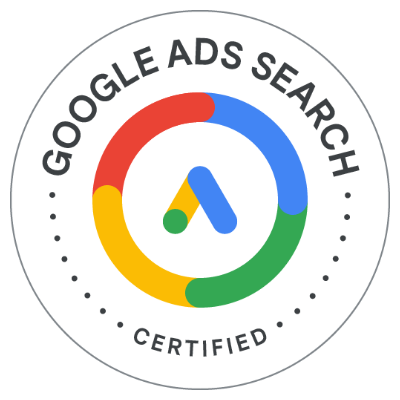 Your website will represent your business online and should have a look and feel similar to your local business – professional and welcoming. When it comes time to choose a web designer, you’ll want to make sure you’ve chosen an individual or group who not only understands your needs but has the technical know-how to turn your vision into a reality.
Your website will represent your business online and should have a look and feel similar to your local business – professional and welcoming. When it comes time to choose a web designer, you’ll want to make sure you’ve chosen an individual or group who not only understands your needs but has the technical know-how to turn your vision into a reality.
Start by narrowing your search down to several web designers, at least two or three. Then interview each one, paying special attention to the answers they give you. Their responses will tell you quite a bit about their abilities.
May I see your portfolio?
Make this your very first question. The first thing you’re looking for is a track record of actually completing projects. The second think you’re looking for is your potential designer’s ability to create aesthetically pleasing work. Don’t accept pictures or screen shots. Make sure you are able to visit at least one or two websites he completed himself.
What browsers will my website support?
Believe it or not, websites show up differently in search engine browsers. A site may look really great in Firefox but may not look quite right in Internet Explorer, Safari or Opera. The designer you choose to work with should understand how to optimize your site so that it works in all of the major browsers, regardless of whether you’re on a Mac or a PC.
Who will own my website?
Some web designers take ownership of their work, from setting up the domain and hosting accounts and creating the site itself. You are paying for the website, so you should have access to all of the hosting accounts and you should have a backup copy of the website on file. You’ll want to make sure you have the information necessary to move to another designer if you should choose to do so in the future.
How will I make changes to the site?
Building a website is one thing. Editing the content on your site is another. Ask the designer in question whether you’ll be able to add or edit content and pages on your own or if you’ll have to come back to him to make edits. If you can do it on your own, will you have to learn a complex editing program or will you be operating on a WYSIWYG (what you see is what you get) type of platform. Make sure you’re getting a modern built-in editing program, if possible.
What is the time-frame for delivery and how much will the site cost?
After giving the developer an idea of what you are looking for, he should have no problem giving you a time estimate and a price quote. Clarify whether or not the developer is charging a flat rate for the project or if he has an hourly rate.
What questions do you have for me?
Ask the developer if he has any questions for you. He should definitely ask you about your goals for the business in general, how you want the website to look and feel, and what you’d consider a successful site. The more he asks, the greater your odds of getting a site you really like.
Don’t rush to choose the first web developer you speak to. Take the time to interview a few and make sure you’re getting the services you want from someone you feel comfortable with. The end result will be a direct reflection of your communications. Make them great.
Is Search Engine Optimization (aka SEO/SEM) included?
The truth is, most web designers are not qualified to optimize your new site for the search engines. All too often, clients’ assume that their new site will be found and indexed by the search engines after going live but this is a dangerous assumption.
As this is crucial to your business, it’s important that you discuss the topic of SEO to see if they will perform basic SEO strategies to your new website or if they can refer you to a qualified SEO Consultant.






